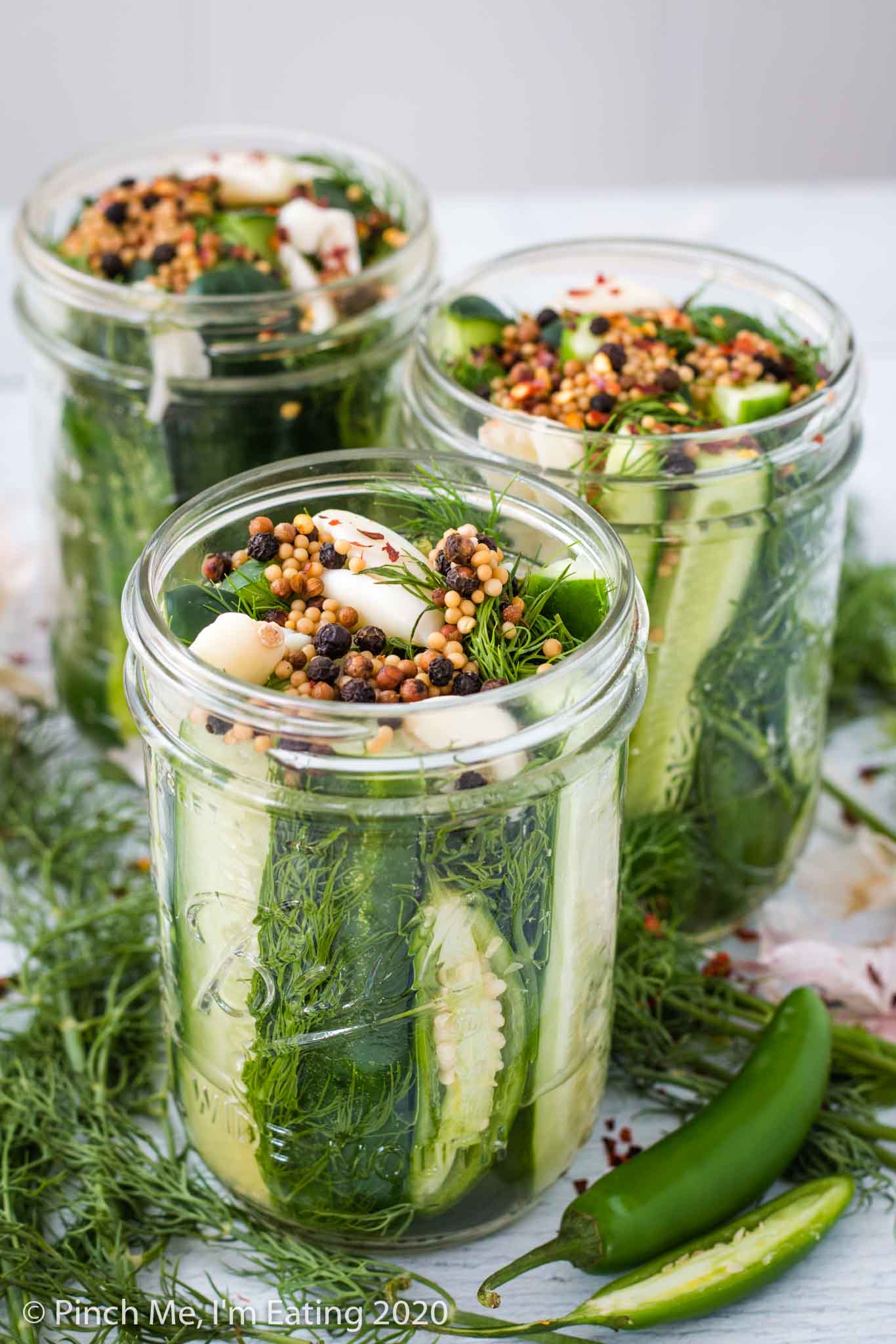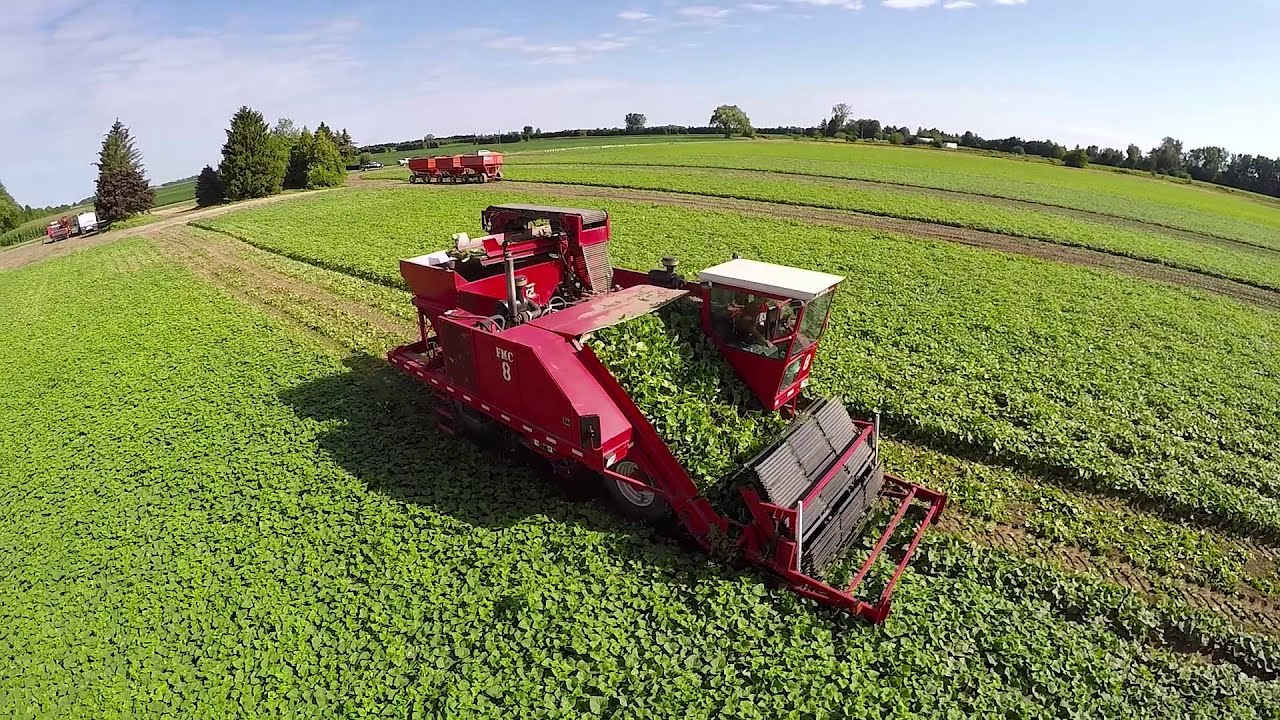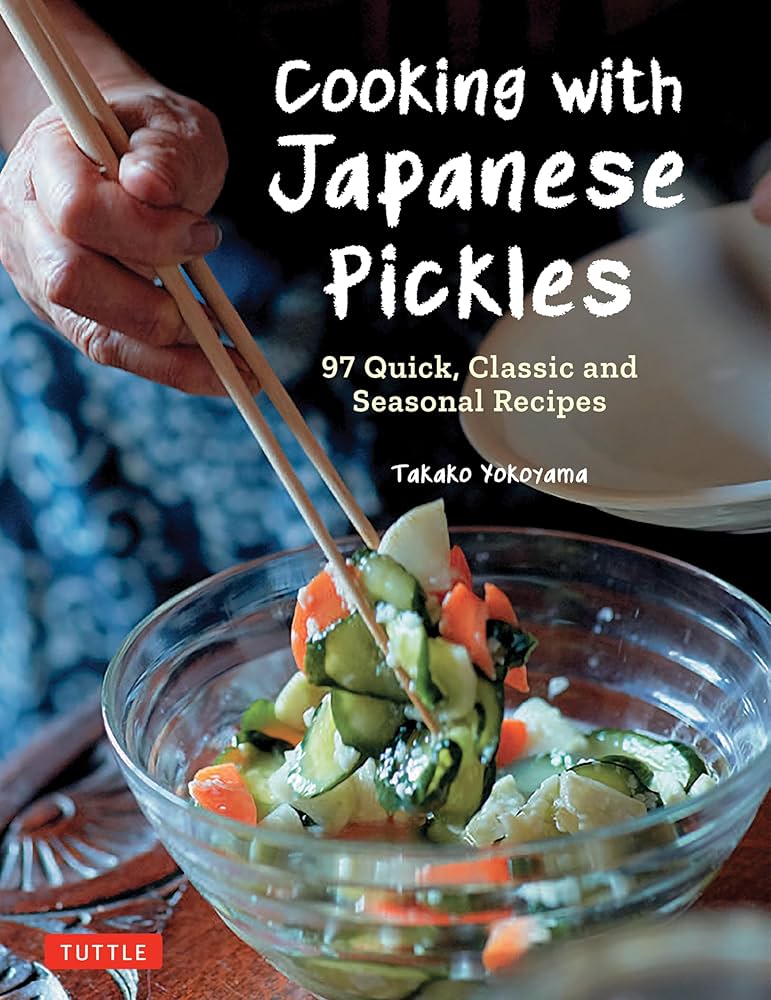
Picking the Perfect Pickle: Celebrating Community through the Art of Pickling
Minneapolis came alive with excitement as the Fourth Annual Pickle-Off unfolded at the Four Sisters Farmers Market, celebrating the beauty of preservation and food sovereignty within the Urban Indigenous community. This competition, curated by passionate organizers like Cassie Holmes, a member of the Lac Courte Oreilles Lake Superior Band of Ojibwe, wasn’t just a contest; it was a nostalgic journey back to community roots and local traditions, encouraging attendees to embrace sustainable practices while enjoying the rich flavors of homemade pickles.
The community gathers to celebrate the art of pickling.
A Dill-lightful Tradition
The Pickle-Off originated from friendly banter amongst neighbors, sparked by an urban farmer from Little Earth of United Tribes who claimed to have the finest pickles. As tales of culinary prowess circulated, former Minneapolis Council member Lisa Goodman and Dr. Angie Erdrich, a pediatrician at the Indian Health Board, joined the fray, giving rise to a community tradition that fosters not just competition but camaraderie. The contest, which aimed to cultivate a spirit of participation, was buoyed by trophies, certificates, and quirky t-shirts proclaiming participants as “Kind of a Big Dill.” A motto that blends humor and meaningful celebration of local endeavors.
Encouraging Food Sovereignty
Food sovereignty emerged as a vital theme throughout the event, emphasizing the importance of Indigenous communities reclaiming their food systems. Sponsored by the Native American Community Development Institute and the Indian Health Board of Minneapolis, the Pickle-Off illustrated how food preservation extends beyond cucumbers and brine—it is rooted in a lifestyle that nurtures health, community connection, and identity.
The encouragement to preserve food for the colder months resonated deeply with many, as participants explored ancestral ways of retaining harvests. This act of preservation serves not only to provide sustenance but also promotes a sense of ownership over food systems that have been historically marginalized.
“Taking care of their food and taking ownership of what they’re putting into their bodies. It’s really a full, holistic approach to food sovereignty,” remarked Jason Garcia, a judge at the competition who has devoted his efforts to building local Indigenous food networks.
Meet the Champions of Pickling
As the competition heated up, individuals showcased their unique recipes, each with stories and flavors that spoke to their heritage. Destiny Jones, a proud Ho-Chunk citizen, triumphantly snagged the title of “Best Pickle” for her remarkable Spicy Dill recipe, blending fresh herbs with a twist of heat—a delightful spectacle of creativity in a jar.
 Celebrating the flavor profile of spicy dill pickles.
Celebrating the flavor profile of spicy dill pickles.
Equally impressive was Dr. Angie Erdrich, who crafted a winning entry with her bread and butter pickles. Her recipe’s heart lies in her garden, where the cucumbers are nurtured with meticulous care.
“I grow all my own cucumbers; I have a special way of growing them… If you’re living in an urban setting, you can kind of train them upward,” explained Erdrich, highlighting how urban gardening can take on innovative forms while encouraging sustainability.
Enhancing Your Garden: Cucumber Harvesting Tips
Outside of the competition, an insightful hack was shared by gardening enthusiast Josh Gardens. In a recent video, he outlined the signs of ripe cucumbers, stressing the importance of daily harvesting. “You gotta pick daily,” he advocates in the video, explaining that consistent harvesting prevents overripe cucumbers, which could derail the plant’s energy potential, turning what could be a delightful snack into potential waste.
 Harvesting cucumbers at peak ripeness for the best pickling results.
Harvesting cucumbers at peak ripeness for the best pickling results.
This tip not only aims to improve the yield from backyard gardens but also enhances the enjoyment of homegrown produce—something anyone with a garden can appreciate. As attention to the quality of produce grows, these small habits foster a healthier lifestyle while reducing the dependency on commercial grocery supplies,
The Bigger Picture: Gardening as Holistic Practice
Gardening transcends mere food production; it fosters a profound connection between individuals and their environment. According to experts, gardening facilitates enhanced mental well-being, as it has been shown to reduce stress and cultivate optimism. The benefits of gardening are manifold, extending not only to physical health but to financial savings as well—turning a small investment into a countertop bursting with flavors.
“With all the talk about chemical-filled pesticides and fertilizers being used for mass-produced, store-bought food, gardening puts all those fears to rest,” remarked one participant, succinctly explaining the dual joys of gardening: taste and peace of mind.
As participants at the Pickle-Off mingled and shared stories, they not only celebrated individual culinary talents but also strengthened bonds grounded in a collective commitment to preserving heritage and health.
Participants gather to share experiences and recipes.
Conclusion: An Ongoing Journey through Flavor
As the festivities wrapped up, there was a palpable sense of achievement and unity among participants. The Pickle-Off stands not merely as a competition but as a reaffirmation of traditions and a partnership with the land upon which sustenance is cultivated. The resurgence of interest in local food systems signals a hopeful future—one where communities thrive through shared knowledge, culinary innovation, and the joy of homemade preservation. The success of the Pickle-Off encapsulates the spirit of resilience and celebration that defines the ongoing journey toward food sovereignty.
In essence, every jar of pickles crafted at the event is a testament to a commitment to healthful living, sustainability, and community—all ingredients essential to a vibrant food culture that honors the past while growing toward a more nourishing future.















